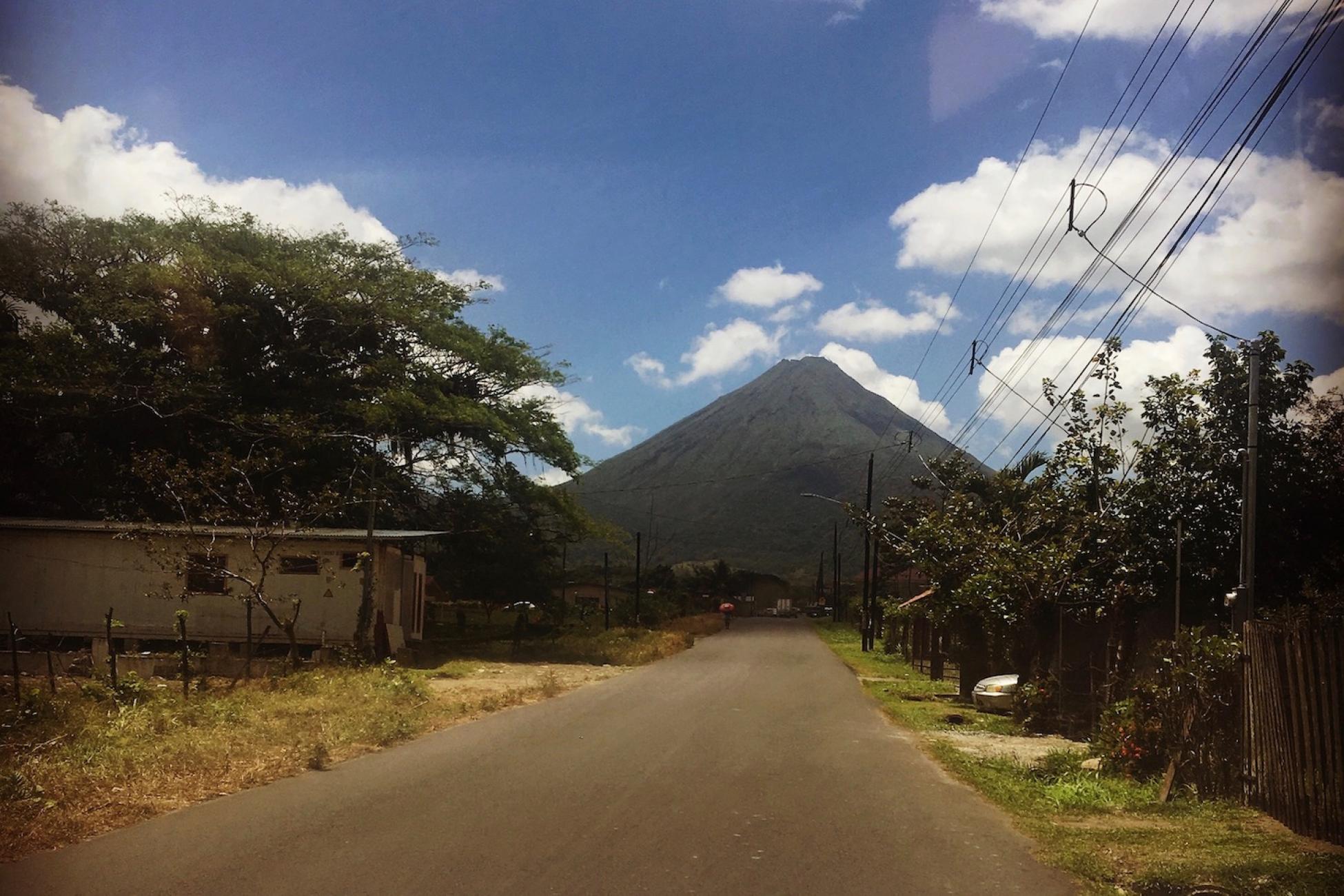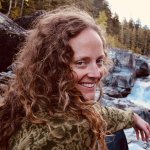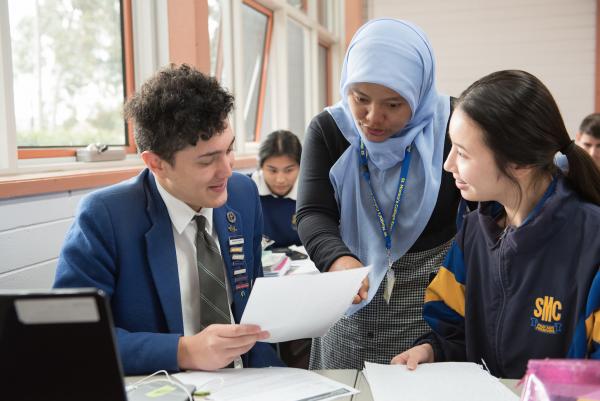Finding work can be challenging enough in places that you know and have an established network. But the job search becomes increasingly difficult when you have recently relocated and are relatively young in your profession. And then there are the unknowns that can turn a manageable situation into one where you can only throw your hands up, accept, and adapt.
I’m writing this now in retrospect as COVID-19 has shaken the realities of so many around the world. Costa Rica confirmed the first cases in early March and was quick to respond with smart and strong measures. It is something to be grateful for during these wild times; the country has managed to have the lowest mortality rate in Latin America and just over 1,000 cases by the end of May.
On the job hunt
Arriving in Costa Rica at the end of October, I was not immediately anxious to find a job. It was only two weeks earlier that I wrapped up a full-time position with an organization where I’d worked for three-and-a-half years. I did, however, anticipate difficulties in securing work that interested me and took my career to the next step—whatever that may be. Therefore, I quickly continued a search I initiated back in Montana while we were still in the process of moving.
Phone calls. Emails. Research. Connections. Even a trip to the Osa Peninsula, located at the southern end of Costa Rica's Pacific coast, to visit a local nonprofit. The first few months were a mix of parenting a toddler, supporting a spouse, settling into life in Costa Rica, and finally, looking for work. I landed nothing. So much effort—physical and mental—went into the job hunt and I had nothing to show for it. Well, I had met dozens of wonderful people and got to stay and hike in the Osa Peninsula for free. But really, I was exhausted and had nothing to move forward with.
The first few months were a mix of parenting a toddler, supporting a spouse, settling into life in Costa Rica, and finally, looking for work. I landed nothing.
I felt like it was a loss. My situation as an in-between—meaning that I’m seeking residency, married to a Tico, but don’t technically have permission to be employed by a Costa Rican enterprise—made the endeavour more challenging. But I knew something had to give eventually.
In the end, it was an old connection—someone I had collaborated with during my master’s research—that offered me a position. I would help build relationships and organizational strategies to amplify a business model that a tourism company had been playing around with for a couple of years. It was perfect; it had tourism, partnerships, sustainability, and an international component. I was stoked.
Finding a balance
This transition into my first consulting role happened in February, nearly four months after landing in Costa Rica. My Tico husband had already been working as an adventure guide for over two months. Now it was my turn to get settled into work; and things needed to get done.
Our two-year-old son could no longer stay with me while his Daddy worked. Within five minutes of our apartment in La Fortuna we found a sweet school for him to attend in the mornings, as my job was only part-time. We all quickly adapted to the new reality of a school routine.
I was able to squeeze in my hours of research, emails, phone calls, and more—now feeling grateful that these connections were for work, and not searching for work—between morning school-time and afternoon nap-time. All was going smoothly, and we’d started to save money again after making the big investment to move to Costa Rica. There was balance; we were making it work.
Then, it all came crashing down on top of us.
Dealing with a new reality
After just a month of work and a few weeks of school, the COVID-19 crisis came to Costa Rica. I believe the pandemic hit so many in a way that they did not see coming; even if it was possible to see what was happening with the global spread.
Within two weeks of confirming its first case, Costa Rica closed its borders requiring anyone entering the country to undergo a two week quarantine. Reality hit hard and quick for the tourism industry. No tourist traffic means no work for many. Contributing over six percent to GDP, tourism directly employs over 220,000 people across the country. Now, however, most people in tourism lost their jobs and the economy will likely suffer long-term consequences.
My husband and I were both quick to receive the unfortunate news regarding our respective work situations. I was thankful to wrap up some tasks in my job and then set the course to hopefully return to the project in the near future. We waited to see what happened next, with patience and gratitude.
It was important for us to avoid hasty decisions; we decided two months would be enough time to understand what this meant for us and Costa Rica. That put us at the end of May, when either there would be news of a summer tourist season—or not. When Costa Rica announced yet another extension on their border closing, we knew it was time to make the call.
Maintaining a certain calm we had managed for the last two months, we chose to officially plan our return to the United States. It was simply time to find a way back to work. If we continued waiting here in Costa Rica, who knows how long it would take to start working again. Our type of work would come back late in tourism’s recovery.
We now face the challenging reality of leaving Costa Rica like this. During a pandemic and with unshakable feelings of failure. Our life abroad worked for a moment, but it is time to move on. Costa Rica will always be here for us. It may be even easier in the future, now that we’ve made an investment in establishing ourselves this time around.
For now, hasta luego.
Add this article to your reading list




